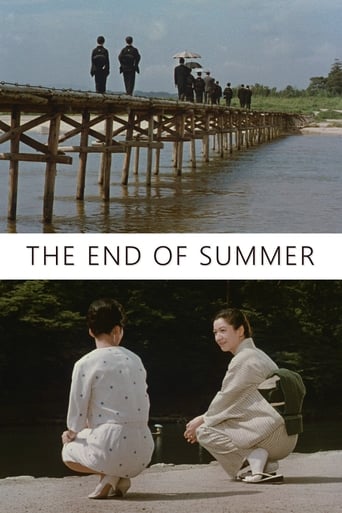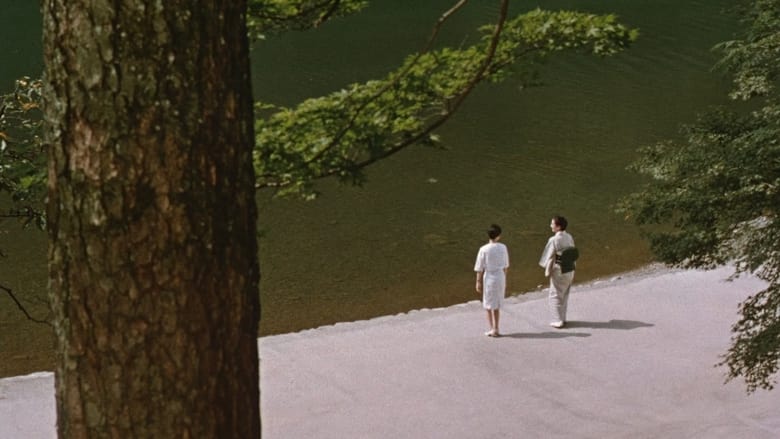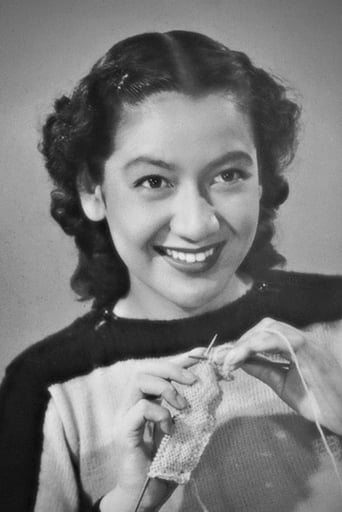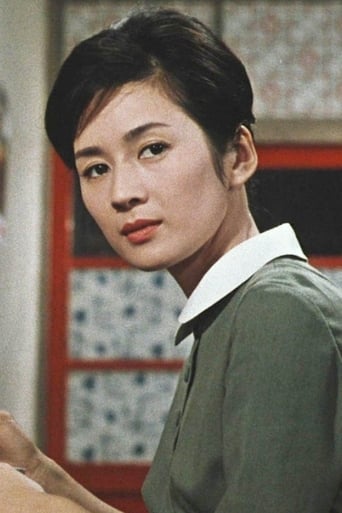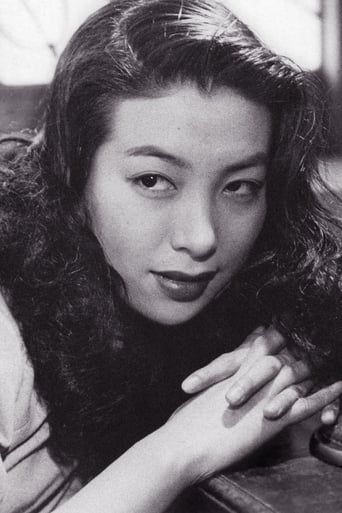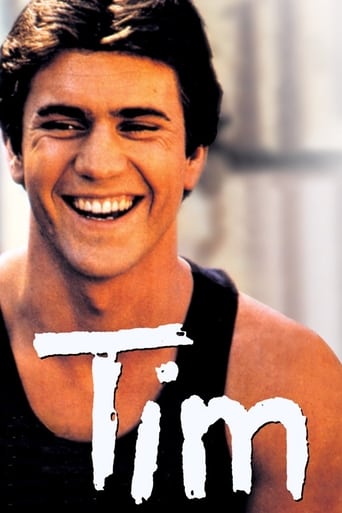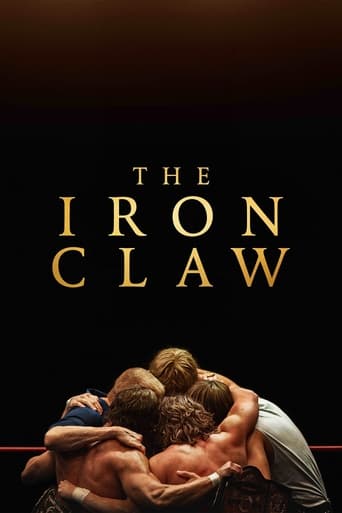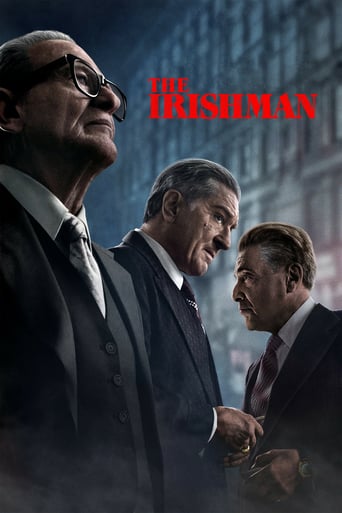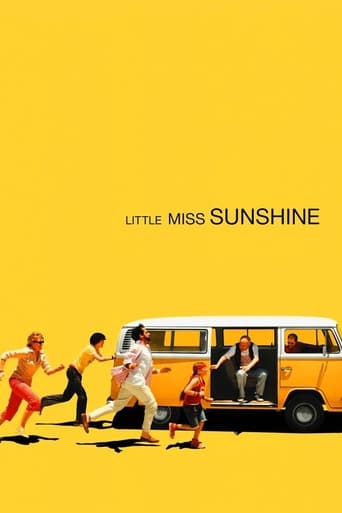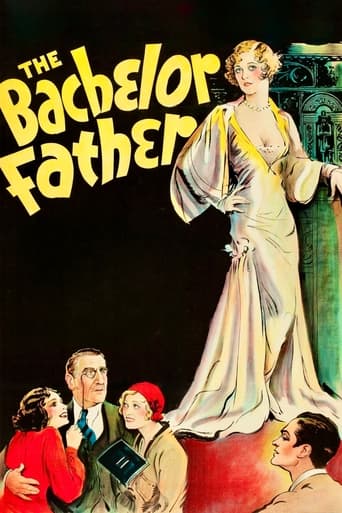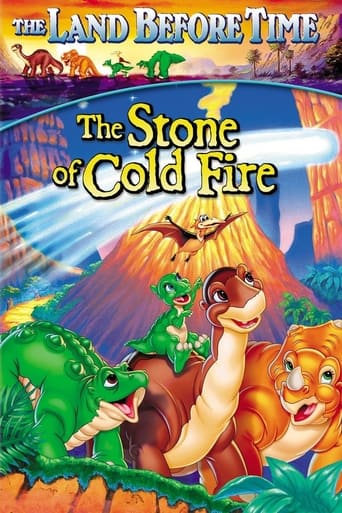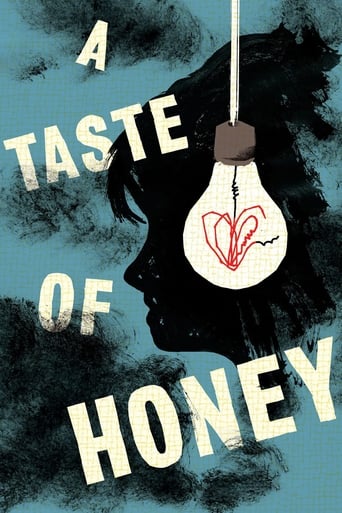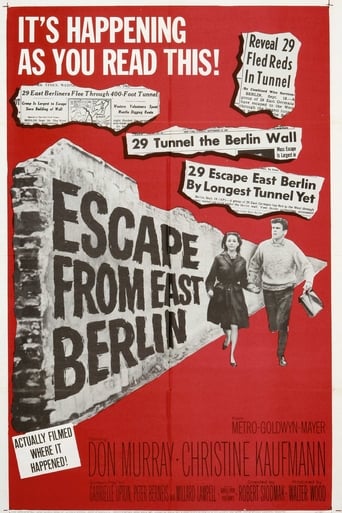The End of Summer (1961)
The family of an older man who runs a small sake brewery become concerned with his finances and his health after they discover him visiting an old mistress from his youth.
Watch Trailer
Cast


Similar titles
Reviews
Powerful
Admirable film.
This film is so real. It treats its characters with so much care and sensitivity.
While it is a pity that the story wasn't told with more visual finesse, this is trivial compared to our real-world problems. It takes a good movie to put that into perspective.
Viewed on DVD. Restoration = ten (10) stars. The many similarities (repeatedly deployed in most of the director's prior films) presented yet again in this movie may have provided a sense of stability for audiences confronting dynamic societal changes in the 1960's. All the actors you have seen (or will see) again and again as the director continued to turn out a DE FACTO TV series consisting of about one episode/movie per season/year. The producers and director seem to be counting on the viewer's curiosity as to what these fine and well-known actors are now up to for generating box-office traffic. If the film had been cast with relative unknowns, it would likely have tanked (or never been made). With so many characters crammed into this movie (it may have set a record at the time for the number of cameo appearances), it is a bit of a mystery as to who is related to whom and in what way in an expanded family consisting of 3/4 generations. Not until close to the end can the viewer be absolutely certain. The usual "back acting" (i.e., scenes filmed of the actor's back instead of from the front) frequently occurs. Train whistles are patently phony: electric-powered trains are made to sound like steam engines (the trains are never seen). Many exterior shots (or variations thereof) you have seen (and/or will see again) in other films from this director. The same interior sets from many of the director's previous movies are used once more. Cinematography (color) is fine (but the narrow-screen aspect ratio is still used). Some editing cuts are a bit jagged. Dialog, for the most part, is understandable. Subtitles sometimes flash by too quickly and can be too long. Film score blends in nicely except for the chanting prior to and during the death scenes which seems overdone. Familiarity may have bred comfort 55 years ago, but today it borders on boredom. WILLIAM FLANIGAN, PhD.
The End Of Summer is another Ozu film about making a love connection, but this time there are multiple characters involved. One of the Ozu twists is the great Ganjiro Nakamura, who plays the father. He is trying to marry off his three daughters while he is visiting an old flame. One of the daughters is played by Yoko Tsukasa, who movingly played Setsuko Hara's daughter in the equally absorbing Late Autumn. Here, Mr. Nakamura provides the film's comedy, an old man looking for some action from a former mistress. However, this film is not really a comedy. Its a story about life events, the changes in ones personal destiny. Its hot in the movie, since a few characters fan themselves, hence the title. Not quite as good as Tokyo Story, Late Spring or Late Autumn, but that is such a tall order, I don't feel anything but admiration for this film. One great thing about this film is that many actors in prior Ozu films are here, making it almost an ensemble piece. I would have liked more of Setsuko Hara's character, but just seeing her in a film is worth anything. This film also works almost like a play, little stories molded together into one film. Worth your time and, as it was Ozu's penultimate film, its practically required viewing.
Yasujiro Ozu is, without a single doubt in my mind, in the top five directors of all time. Possibly the second best after my personal favourite Akira Kurosawa. Many may credit my preference due to the fact that Kurosawa was considered as the most Western of all Japanese directors. However Ozu came from the same time and his films are very different but just as good. Ozu's films have the most simple of plots, in that they do not have a strict or interesting storyline. This can sometimes lead to extremely complex situations as Ozu focuses on the trials of Japanese family life. If you are looking for films about real life, and real people, then look no further than Ozu. Like other Ozu films there are arranged marriages, and relationships that cross through all generations. A father is distracted from troubling finance issues by a recently rekindled affair from nineteen years previously. The film is very subtle in its extraction of emotions, Ozu's trademark of not moving the camera once, with completely still shots. Ozu also doesn't use flashbacks, resulting in people simply talking and describing the past. The editing is restrained to simple straight cuts, and no fancy transitions are used. It is this simplicity that some may find boring, or a lack of pacing. For me however it is great to see a master of the craft not give in to unnecessary techniques when the acting and slightly faded picturesque cinematography does all the talking. Dialogue between characters is both intriguing and thought provoking. The final funeral scenes really do demonstrate the beauty of Ozu's films, when we see a couple of complete strangers talk about the recent passing, as we are then treated to a magnificent shot of the funeral procession walking down a bridge. Like 'Tokyo Story' and 'Early Summer', 'The End of Summer' is a thoughtful and delicate piece of work, and also a fine example of Ozu's rare use of colour.
This film is a little bit disappointing. Ozu did not portrait human emotions as intensive as in "Tokyo Monogatari". Neither has the film the wit and humour of "Ohayo". He did not succeed to characterize the person as good as in other films. The setting of the action in Kyoto instead of Tokyo could have provided the possibility to represent the contrast the conflict between old Japan and "New Japan" in a more distinct way. But unfortunately Ozu produces some cliches. But after all what is a "bad" movie by Ozu in comparison to all the other stuff.

